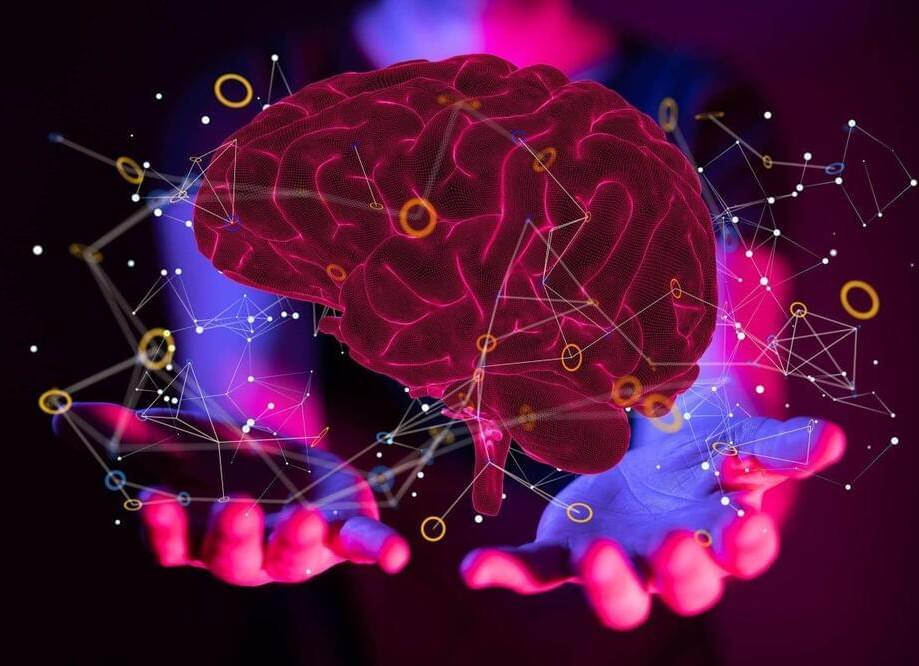A new concept called organoid intelligence, with the aim of developing a new generation of biocomputers, has recently been detailed by a group of researchers. They want to harness advances in the reproduction of human brain cells in vitro to offer superior intelligence to the computers and smart devices of the future. This technology promises to be much more powerful and efficient than any form of artificial intelligence as we know it.
This notion of organoid intelligence is described in a paper outlining a roadmap to developing this technology published in the journal Frontiers of Science, by numerous scientists, mainly from Johns Hopkins University in Baltimore. According to them, work on cerebral organoids, derived from human stem cells, should make it possible in the relatively near future to reproduce entities endowed with memory and a genuine capacity for learning. Organoids are miniature organs grown in vitro. The term organoid intelligence (OI) encompasses all these developments, leading to a form of biological computing — or biocomputing — that leverages neurons bred in a lab. All of which is enough to make the likes of ChatGPT seem outdated already.
Complex interfaces could eventually be networked, with brain organoids connected to sensory organoids such as retinal organoids. This could, for example, lead to new therapeutic applications.
